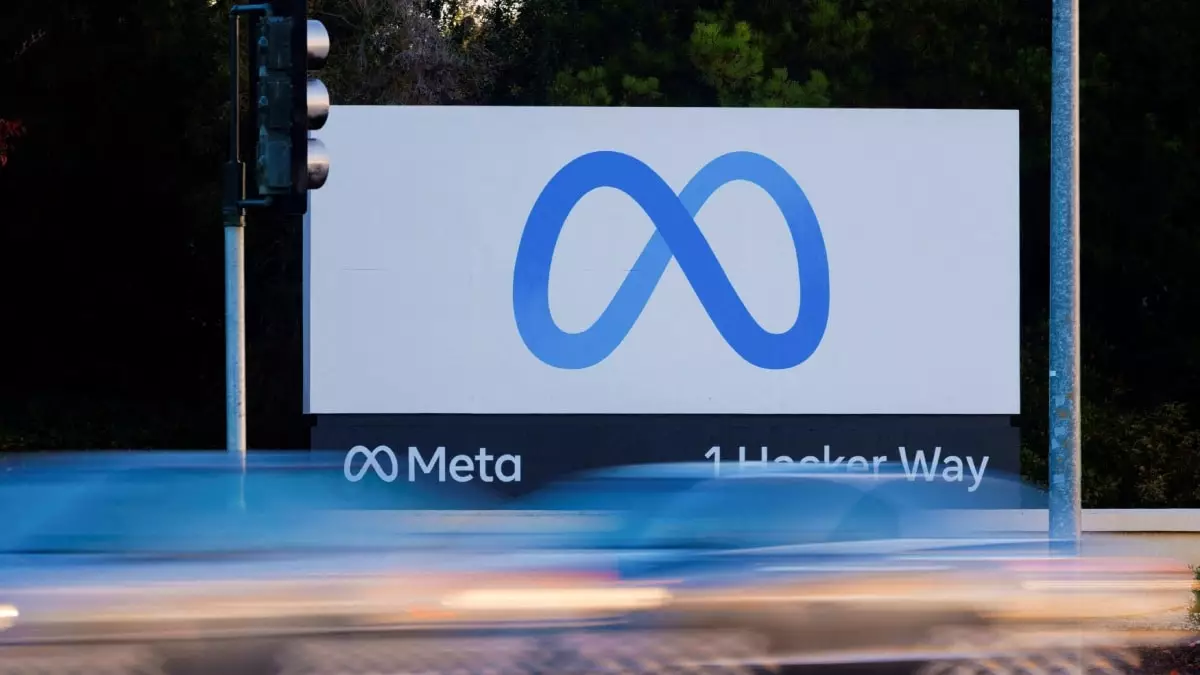Meta Platforms, once heralded as a pioneer of social connectivity, now finds itself embroiled in a damaging wave of account suspensions that threaten both its reputation and user trust. These bans, often executed without warning or clear explanation, are targeting users across Facebook, Instagram, and Facebook Groups. For many, this has become a nightmare, especially for small business owners and content creators who rely on these platforms for livelihood. The situation has deteriorated into a chaotic landscape where accounts vanish overnight, taking years of memories, messages, and critical business data with them, leaving users feeling betrayed and helpless.
What makes this crisis particularly alarming is Meta’s handling—or lack thereof—of the fallout. The company’s promises of “direct account support” for verified users are starkly contrasted by the grim reality many are experiencing. Users report an unresponsive or broken support infrastructure that does little to resolve their issues. Automation dominates the customer service experience, offering generic responses that do not address specific concerns. This systemic failure reveals a fundamental flaw in Meta’s approach: prioritizing scale over meaningful support, and automation over human intervention.
The Illusion of Support and the Impact on Businesses
Meta’s verification service, costing roughly Rs. 1,300 in India and $14.99 in the US, is marketed as an effort to provide verified users with better support and a safeguard against suspensions. Ironically, it now appears to be a false promise. Small businesses, influencers, and professional accounts that invest financially and emotionally into their presence are bearing the brunt of these systemic flaws. Their livelihoods suffer as their profiles are suspended due to alleged violations, often mistakenly or due to AI misclassification, with no avenue for effective appeal or resolution.
The sentiment among users has turned toxic, with many decrying the support system as “useless” or outright nonexistent. Broken appeal links and non-responsive staff leave users stranded, unable to recover essential accounts. For many, the suspensions feel arbitrary—an outcome of Meta’s over-reliance on automated moderation, which fails to accurately distinguish between genuine content and violations. The company’s minimal acknowledgment—referring to suspensions as “technical errors”—only fuels frustration and erodes confidence.
The Broader Implications and the Cost of Trust Erosion
This crisis exposes more than just poor customer service; it underscores a fundamental crisis of trust within Meta’s ecosystem. When platforms wield enormous influence over individual livelihoods and community cohesion, their failures become a matter of public concern. The mounting anger has spurred collective action: petitions demanding accountability, legal threats, and a call for reform. Over 25,000 petition signatures highlight the urgency for Meta to overhaul its support system, improve AI moderation reliability, and restore affected accounts.
Meta’s current trajectory raises questions about the sustainability of its moderation models and support infrastructure. If the company continues to prioritize automation and rapid enforcement at the expense of transparency and assistance, it risks alienating its user base permanently. For a platform that once thrived on community trust, this spectacle of neglect and mismanagement may prove to be a costly oversight with long-lasting repercussions.

